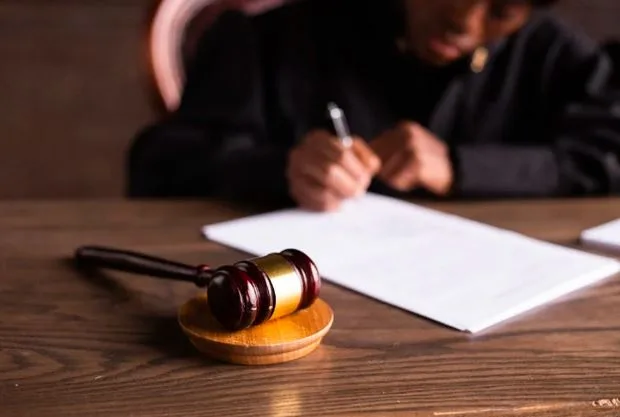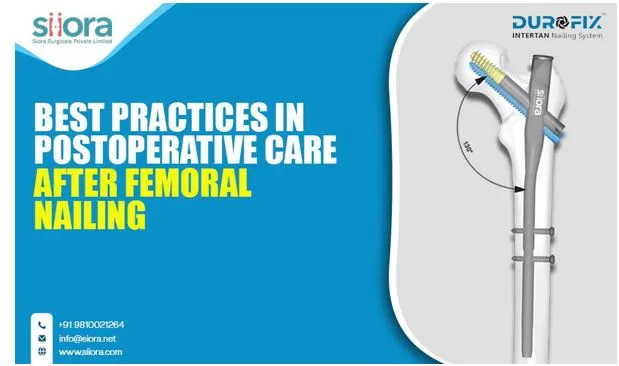When Hiring a Lawyer After a Car Accident Makes (and Doesn’t Make) Sense
After a car accident, most people wonder the same thing: Do I really need a lawyer for this? The answer isn’t always straightforward because every accident situation is different. Some cases are simple enough to handle directly through insurance companies, while others involve complicated disputes about fault, serious injuries, or long-term financial consequences that require professional legal help.
Hiring a lawyer after a car accident can provide peace of mind and potentially maximize your compensation, but it’s definitely not always necessary or cost-effective. The key is knowing when legal help will truly make a meaningful difference in your outcome and when it might just add unnecessary expense to a straightforward claim.
For example, if you’ve suffered only minor vehicle damage and no injuries from a clear-cut rear-end collision, you may be able to resolve your claim quickly on your own without any legal complications. On the other hand, if medical bills, lost wages, or questions of liability are in play, having an experienced attorney could mean the difference between receiving fair compensation and walking away with much less than you deserve.
When Hiring a Lawyer Makes Sense
When You Have Serious Injuries
If you’ve suffered significant injuries like broken bones, head trauma, spinal damage, or anything requiring extended medical care, an attorney becomes invaluable for calculating the true cost of your recovery. Insurance companies routinely undervalue injury claims because they focus on immediate costs rather than long-term consequences.
Serious injuries often involve ongoing treatment, physical therapy, future surgeries, and potential permanent disabilities that create expenses extending far into the future. Without legal expertise to properly evaluate these costs, you may accept a settlement that seems reasonable now but falls far short of covering your actual needs.
When Liability Is Disputed
Accidents at busy intersections, multi-vehicle pileups, or “he said, she said” situations can make it extremely difficult to prove who was at fault. Insurance companies often try to shift blame or claim shared responsibility to reduce their payouts, even when their insured driver was clearly responsible.
A skilled lawyer can gather crucial evidence, work with accident reconstruction experts, interview witnesses, and negotiate aggressively to protect your interests. They understand how to present evidence persuasively and counter the tactics insurance companies use to avoid responsibility.
When Insurance Companies Push Back
Insurance adjusters are specifically trained to minimize payouts and protect their company’s bottom line. If you’re getting the runaround through unreasonable delays, lowball settlement offers, or outright claim denials, it’s usually a clear sign you need professional legal help.
Lawyers understand the tactics insurers use and know how to counter them effectively. They can apply appropriate pressure, threaten litigation when necessary, and ensure insurance companies take your claim seriously rather than hoping you’ll give up or accept inadequate compensation.
When You May Not Need a Lawyer
When the Accident Was Minor
If your accident involved only property damage with no injuries, and liability is crystal clear such as when the other driver rear-ended you at a stoplight, you may be able to handle the claim directly with the insurance company without complications.
These straightforward property damage claims typically resolve quickly and don’t involve the complex valuation issues that make legal representation worthwhile. The insurance company has clear liability and limited damages to pay, reducing their incentive to fight the claim.
When Medical Care Isn’t Necessary
If you weren’t hurt in the accident and have no symptoms days or weeks later, involving a lawyer may not be worth the cost since there are no injury damages to pursue. However, always get checked by a doctor first because some injuries like whiplash or concussions don’t appear immediately.
Without medical expenses, lost wages, or pain and suffering, your claim is limited to property damage that can usually be handled directly with the insurance company. Just be absolutely certain you’re not injured before deciding to proceed without legal help.
When the Insurance Company Offers a Fair Settlement
In straightforward cases with clear liability and low damages, the insurance company may present a reasonable offer from the start because fighting a small claim costs more than paying it. If you’ve confirmed that the settlement covers all your expenses and losses, you can often close the claim without legal help.
However, be very careful about what constitutes a “fair” settlement. Insurance companies are skilled at making inadequate offers seem reasonable, especially to people who don’t understand the full value of their claims.
How to Decide What’s Right for You
The decision ultimately comes down to weighing potential benefits against costs and complexity. Ask yourself these critical questions:
Are there medical bills, lost wages, or pain and suffering involved in your case? These damages require careful valuation and aggressive negotiation that lawyers handle much better than individuals.
Is fault unclear or being contested by the other driver or their insurance company? Disputed liability cases almost always benefit from professional legal representation.
Has the insurance company undervalued your claim or denied it entirely? Pushback from insurers typically signals that you need professional help to get fair treatment.
Do you feel confident negotiating on your own behalf and understanding complex legal documents? Be honest about your comfort level with confrontation and legal complexity.
If you answer “yes” to the first three questions, hiring a lawyer is likely in your best interest financially. If you feel genuinely comfortable with the last question and your case is truly straightforward, you may be able to handle it yourself successfully.
Remember that most personal injury lawyers offer free consultations and work on contingency fee arrangements, meaning they only get paid if you win your case. Talking to an attorney doesn’t commit you to anything and just gives you the information you need to make the best decision for your situation.
Making the Right Choice
Not every car accident requires an attorney, but when injuries, liability disputes, or insurance company challenges arise, having professional legal representation can make all the difference in your outcome. Knowing when hiring a lawyer after a car accident makes sense and when it doesn’t helps you protect your rights, avoid costly mistakes, and focus on your recovery rather than fighting with insurance companies.




